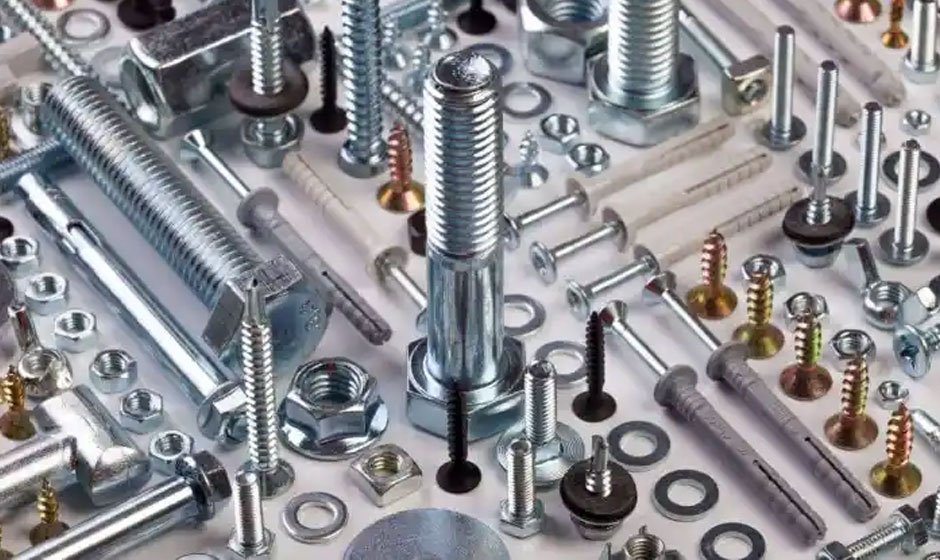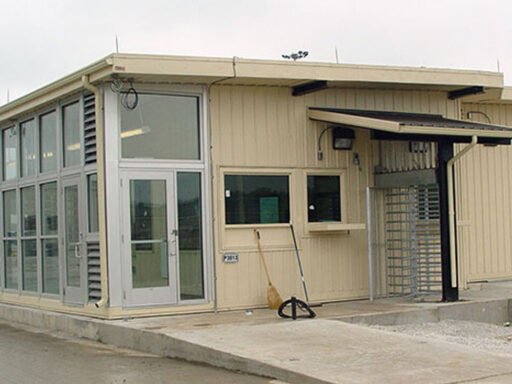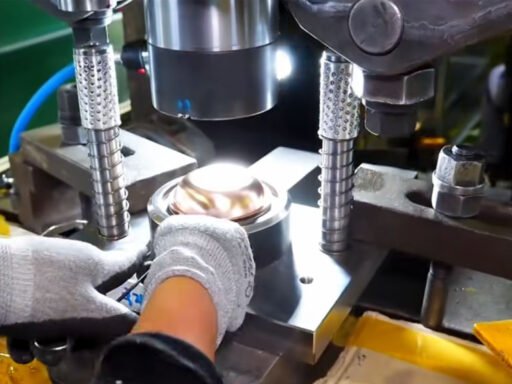What makes military hardware stand strong against the harshest environments? How do the smallest components ensure the reliability of mission-critical equipment? The answer lies in the details, mainly in the machine screws used in military applications.
These seemingly insignificant fasteners play a vital role in military hardware’s overall durability and functionality. Understanding the types of machine screws and their specific applications is crucial for ensuring the longevity and effectiveness of military equipment.
1. The Importance of High-Strength Screws in Military Applications
Military hardware is exposed to extreme conditions, from high temperatures to intense vibrations. High-strength screws are essential in these environments. These mini tools are specifically designed to bear hefty loads and resist wear and tear, ensuring that military equipment remains operational under the most challenging conditions.
- Tensile strength:High-strength screws are manufactured with superior tensile strength, making them capable of holding together critical components without failure.
- Corrosion resistance:These screws are often treated with coatings that resist corrosion, ensuring long-term durability even in harsh environments.
2. Stainless Steel Screws: Corrosion Resistance at Its Best
Stainless steel screws are widely used in military hardware for their exceptional corrosion resistance. In environments where moisture, salt, and chemicals are prevalent, these screws ensure that equipment remains rust-free and operational.
- Marine applications:Stainless steel screws are ideal for naval and coastal military equipment, where exposure to saltwater can quickly corrode other materials.
- Long-term durability:The resistance to rust and corrosion ensures that the equipment remains functional over extended periods, reducing the need for frequent maintenance.
3. Precision and Reliability with Titanium Screws
Titanium screws are known for their lightweight yet strong properties. In military applications, where every gram counts, these screws offer a perfect balance between weight and strength.
- Aerospace use:Titanium screws are commonly used in aerospace military hardware, where reducing weight without compromising strength is crucial.
- Biocompatibility:Titanium’s biocompatibility makes it suitable for medical applications within the military, such as implants and devices used in the field.
4. Heat-Resistant Screws for High-Temperature Environments
Military hardware often operates in extreme temperatures, from scorching deserts to freezing arctic conditions. Heat-resistant screws are engineered to withstand these temperature extremes without losing their structural integrity.
These screws are typically made from materials like Inconel or Hastelloy, which can endure high temperatures without softening or degrading. Such tiny tools’ ability to maintain their properties under extreme heat ensures that military equipment remains operational, even in the most demanding environments.
5. Custom Device Screws: Modified Solutions for Unique Military Needs
Military hardware often requires custom solutions to meet specific needs. Custom device screws are designed and manufactured to meet these unique requirements, ensuring that every piece of equipment functions as intended. Custom screws can be modified in terms of material, size, threading, and coating to meet the exact specifications of the military hardware. This level of customization ensures that the screws provide optimal performance, enhancing the overall durability of the equipment.
Additionally, these custom screws can be engineered to withstand specific environmental challenges, such as extreme temperatures or exposure to corrosive substances. By addressing these specialized demands, custom screws play a critical part in maintaining the reliability and longevity of military hardware.
6. The Role of Self-Locking Screws in Military Equipment
In military applications, equipment is often exposed to constant vibrations and movements. Self-locking screws are designed to stay securely fastened under these conditions, preventing loosening that could lead to equipment failure.
- Vibration resistance:Self-locking screws use various mechanisms, such as nylon inserts or specialized threading, to resist loosening due to vibrations.
- Enhanced safety:The secure fastening provided by self-locking screws enhances the safety and reliability of military hardware, ensuring that components remain in place during operation.
7. Anti-Tamper Screws: Security and Integrity
Security is paramount in military hardware, and anti-tamper screws play a critical role in protecting sensitive equipment from unauthorized access. These screws are designed with unique heads that require specialized tools for removal, making them difficult to tamper with.
- Preventing unauthorized access:Anti-tamper screws are commonly used in equipment that must be secured against tampering, such as communication devices and weapon systems.
- Maintaining integrity:By preventing unauthorized access, these screws help maintain the integrity of military equipment, ensuring that it functions as intended without interference.
The role of machine screws in military hardware is far more significant than it might initially seem. From high-strength and corrosion-resistant screws to custom and anti-tamper solutions, each type plays a vital part in enhancing the durability and reliability of military equipment. In environments where failure is not an option, the right choice of screws ensures that military hardware remains robust and operational. The durability of these small components directly translates into the overall effectiveness and longevity of mission-critical equipment, underscoring their essential role in the defense sector.





